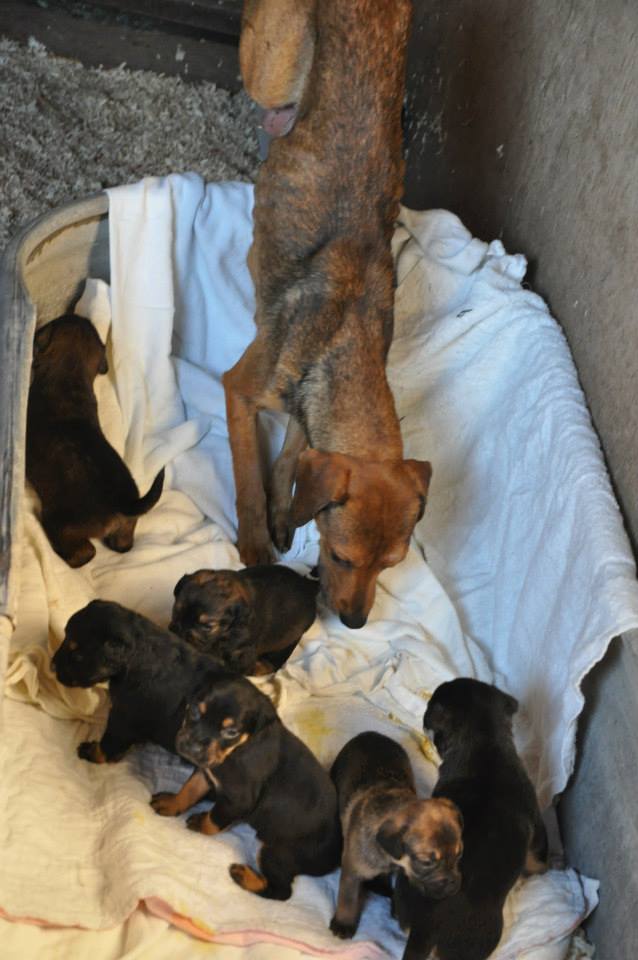
A few days ago on my Facebook page, I posted about a Maryland court case that held that a volunteer, rescuer, or any other member of the public cannot be banned from a government shelter simply because he or she has criticized shelter management, complained about the policies and practices of the shelter, or posted information online that officials believe is unflattering to the shelter. We not only have the First Amendment right to speak out, we have a constitutionally protected right to demand that the government correct the wrongs that are identified.
That post has been seen by roughly 200,000 people, been shared over 2,000 times, liked by over 5,000 people and generated nearly 300 comments. Several people have asked the following questions: 1. Does it apply outside of Maryland?, 2. Does it apply to private humane societies or SPCAs?, 3. Does that include the right to take photographs and video in the shelter?, 4. What should you do if your government shelter or government-contracted SPCA violates your First Amendment rights?
Does it apply outside of Maryland?
Does it apply to private humane societies or SPCAs?
Keeping in mind that the protections of the First Amendment protect against government intrusion, so long as they receive funding to provide a government function (i.e., animal control contract), Sec. 1983 has been held to apply to both government shelters and private SPCAs. Allen vs. Pennsylvania Society for the Prevention of Cruelty to Animals, 488 F.Supp.2nd 450 (MD Penn 2007); Brunette vs. Humane Society of Ventura County, 294 F.3d 1205 (9th Cir. 2002); and Snead vs. Society for the Prevention of Cruelty to Animals, 929 A.2d 1169 (Pa.Sup.Ct. 2007).
Does that include the right to take photographs and video in the shelter?
Yes. Banning photography and video in public areas of the shelter limits free speech. See Animal Legal Defense Fund vs. Otter, 2014 WL 4388158*10 (D. Idaho 2014). The taking of a photograph or video is “included with the First Amendment’s guarantee of speech and press rights as a corollary of the right to disseminate the resulting recording.” ACLU vs. Alvarez, 679 F.3d 583, 597 (7th Cir. 2012). As the ACLU has correctly argued, “Videotaping and capturing images of poor shelter conditions or neglected animals are indistinguishable from ‘commenting’ or ‘speaking out’ on such conditions.” Volunteers, rescuers, and members of the public have a right to document things they believe are improper. They also can take photographs and videotape to assist in finding animals homes.
What should you do if your government shelter or government-contracted SPCA violates your First Amendment rights?
Find legal representation by contacting your state ACLU office, Legal Aid office, and utilizing the attorney referral program of your state bar association. If you live in Southern California, the No Kill Advocacy Center may be able to find an attorney on your behalf.
If you choose not to pursue this legally, you can seek to reform the shelter through political advocacy. Click here for 14 free step-by-step guides to do so.
Photo: A very skinny mama dog and her puppies rescued from a local pound, courtesy of Eileen McFall of Central California Pets Alive. Mama was scheduled to be killed by the pound, but is now under a veterinarian’s care and both she and the puppies are safe. Criticizing the shelter for threatening to do so cannot be used to prevent you from saving dogs like this.
For further Reading:
————-
Have a comment? Join the discussion by clicking here.